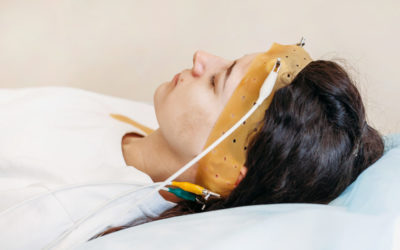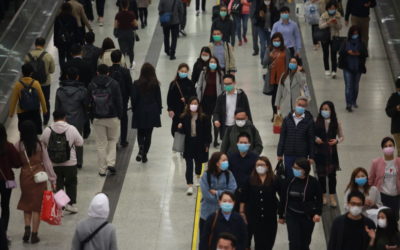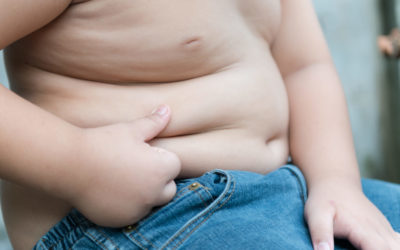Quick Hits
Daily brief research updates from the cognitive sciences

Many years ago I first heard the advice of “Don’t watch the news if you want to be happy”. The reason is that news is more often than not negative – I have written about this negativity bias previously – as the saying goes in news circles “if it bleeds, it leads”.
So, avoiding this dose of negativity is probably a good thing. However, since I first heard this decades ago the world has changed with access to news ever more present – it is not just on the television, it is on every device that we carry and at every minute throughout the day whether through formal news websites or through social media applications. Now it seems much harder than ever to avoid the negativity of the news.
But is this really negative?
McGaughlin et al. have just published a study which they conducted with 1’100 US adults. The found that about 16.5% had problematic news consumption. This is when the desire to follow the news becomes similar to addiction with constant checking of the news almost 24 hours a day and being pulled into a constant cycle of trying to relieve one’s anxiety by checking the news but then getting further pulled in.
It might seem obvious that this is not a good place to be mentally but is this what they found?
They did indeed. With 73.6% of those with problematic news consumption reported experiencing mental ill-being “quite a bit” or “very much”. This is compared to only 8% of other participants.
But on top of this 61% those with problematic news consumption also reported physical ill-being “quite a bit” or “very much” in comparison to only 6.1% of other participants.
Those are quite dramatic figures and the surprising outcome is that this is correlated so strongly to physical as well as mental well-being.
This shows that that bit of sage advice of avoiding the news seems to be very good advice but more than that avoiding the blackhole of continuous news consumption.
Unfortunately, there seems to be no easy way out of this. 24-hour news consumption is possible and very easy. Maybe a more positive reporting would at least help. I’m not holding my breath and I’ll stick to my general news avoidance strategy (while keeping myself informed).

Andy Habermacher
Andy is author of leading brains Review, Neuroleadership, and multiple other books. He has been intensively involved in writing and research into neuroleadership and is considered one of Europe’s leading experts. He is also a well-known public speaker, speaking on the brain and human behaviour.
Andy is also a masters athlete (middle distance running) and competes regularly at international competitions (and holds a few national records in his age category).
Reference
Bryan McLaughlin, Melissa R. Gotlieb, Devin J. Mills.
Caught in a Dangerous World: Problematic News Consumption and Its Relationship to Mental and Physical Ill-Being.
Health Communication, 2022; 1
DOI: 10.1080/10410236.2022.2106086
More Quick Hits
Disagreements Improve Team Perception
We might assume that agreement would be high in high-performing teams – this study shows the opposite…
Brain Cells Adapt to Help You Stay Awake
Falling asleep is a funny thing – you don’t need to think about it when it happens but can cause many people who can’t incredibly frustration…
Dad Brain is Real
We know that mothers go through multiple physical and psychological changes after birth (and before) including change in brain structures but what about fresh fathers?
Mask-Wearing Makes You Better Behaved
This is a fascinating study that shows that wearing masks changes behaviour in subtle but important ways…
Coffee Can Help You Live Longer
Yes, that is good news for you (us) coffee drinkers. This supports plenty of more recent studies which have shown the health benefits of coffee…
Big Kids Die Earlier!
Before you panic – the conclusion in the title is based on research into mice not human beings – but there could potentially be some important insights for us human beings as well.






